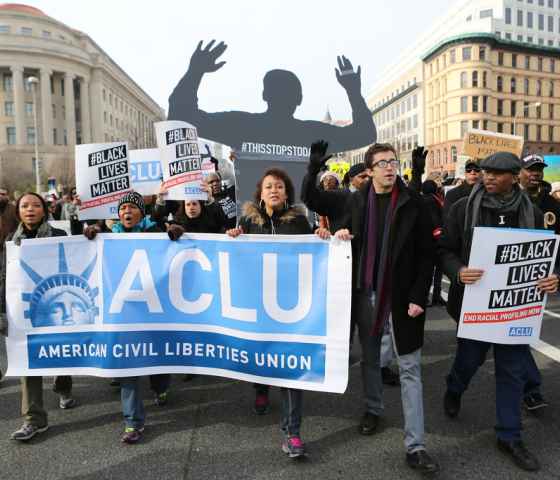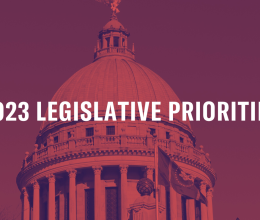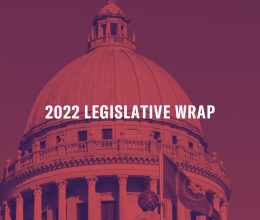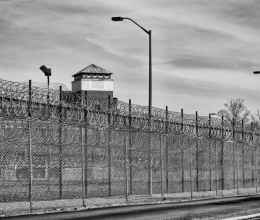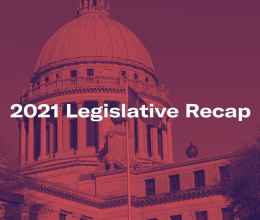Published in The New York Times via Reuters
WASHINGTON — Longer prison sentences for non-violent criminals and crowded prisons are hurting the American economy more than they are helping it, economists in U.S. President Barack Obama's administration said in a report released on Saturday.
The prison population in the United States is 4.5 times larger than it was in 1980, primarily driven by longer sentences and higher conviction rates for nearly all offenses, according to the Council's report.
Economists are "of one mind" that packed prisons, excessively long sentences, and insufficient reentry programs "are counter-productive to our economy as a whole in addition to hurting the people involved," Jason Furman, chairman of the White House Council of Economic Advisers, told reporters in a call on Friday.
On Monday, administration officials, economists, business leaders, and scholars will discuss the Council's findings at an event hosted by the White House, the American Enterprise Institute think tank, and New York University's Brennan Center for Justice.
The United States can reap greater economic benefit through investments in police, prisoner education, and job opportunities for ex-prisoners than it can from putting additional funding toward prisons, the Council's report said.
The Council's report was based on a review of existing economics research, and does not estimate the indirect costs borne by the U.S. economy as a result of its current criminal justice policies.
Later this year, the Brennan Center will unveil a study quantifying how much the U.S. criminal justice system costs Americans in terms of employment, wages, and gross domestic product, said the center's director of justice programs, Inimai Chettiar.
Previous administrations have not brought the same focus to how criminal justice policies affect the U.S. workforce, said Douglas Holtz-Eakin, who led the Congressional Budget Office from 2003-05 and is now president of the American Action Forum think tank.
Since the recession of the late 2000s, "every aspect of the workforce has been scrutinized more closely, and this sort of popped out," he told Reuters.
(Reporting by Julia Harte; Editing by Sandra Maler)
